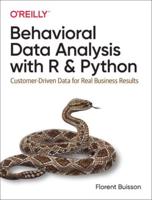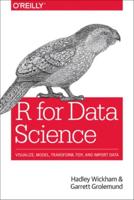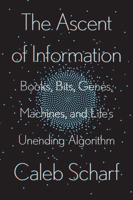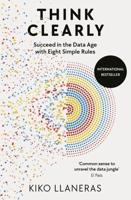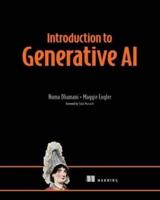Publisher's Synopsis
As we step into 2024, the landscape of technology continues to evolve at a breathtaking pace, particularly in the realm of intelligent machines. It's fascinating to witness how these advancements are not just reshaping industries but also transforming our daily lives in ways we could hardly imagine a few years ago.
Reflecting on my own experiences, I remember the first time I interacted with a virtual assistant. It was a simple task-setting a reminder-but the convenience it provided was a revelation. Fast forward to today, and intelligent machines are no longer just tools for basic tasks; they are becoming integral partners in our work and personal lives. For instance, I recently attended a conference where AI-driven analytics tools were showcased. These systems can sift through vast amounts of data, providing insights that would take humans weeks to compile. It's a bit surreal to think that what once felt like science fiction is now a reality. In 2024, we see a significant leap in how these machines are being utilized across various sectors. In healthcare, for example, intelligent machines are aiding in diagnostics, offering recommendations based on patterns in patient data that might elude even the most experienced doctors. I spoke with a healthcare professional who shared a story about an AI system that identified early signs of diseases in patients, leading to timely interventions. Such innovations not only save lives but also enhance the quality of care. Moreover, the creative industries are also experiencing a renaissance thanks to intelligent machines. Artists and musicians are collaborating with AI to push the boundaries of creativity. I've seen some breathtaking art pieces created with the help of algorithms that analyze styles and techniques from centuries of human creativity. While some purists argue that this dilutes the essence of art, I believe it opens up new avenues for expression, allowing us to explore uncharted territories. However, as we embrace these innovations, it's crucial to address the ethical implications. The more we rely on intelligent machines, the more we must consider issues like data privacy and job displacement. I often find myself pondering the balance between leveraging technology for efficiency and ensuring that we don't lose the human touch. A friend of mine works in a customer service role, and she expressed her concerns about AI taking over jobs that require empathy and understanding-qualities that machines, no matter how advanced, struggle to replicate. Looking ahead, I am optimistic about the future. The potential for collaboration between humans and intelligent machines is immense. We have the opportunity to harness these innovations to enhance our capabilities rather than replace them. It's about finding that sweet spot where technology amplifies our strengths and helps us overcome our limitations. In conclusion, as we navigate the innovations of 2024, let's remain curious and engaged. The world of intelligent machines is not just about algorithms and data; it's about how we choose to integrate these tools into our lives. By collaborating with technology, we can create a future that is not only efficient but also rich in creativity and humanity. It's an exciting time to be alive, and I can't wait to see what unfolds next.
